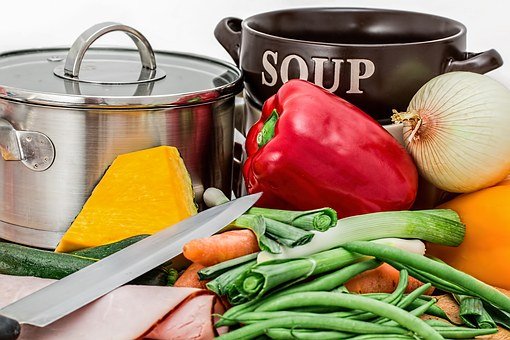1. When's a Vitamin Not a Vitamin But Acts as One?
When you take a multivitamin, you are providing your body with many essential nutrients. You're doing something quite similar when you consume foods containing vitamin P, or bioflavnoids. Though vitamin P is not really a vitamin in the strict sense of the word, for classification reasons, bioflavnoids are referred to as such (the word "vitamin" was actually dropped in 1972). Bioflavnoids include rutin, hesperin and quercetin, among others, and all have a positive influence on several systems in the body, such as the circulatory system and the immune system.
2. Taking a Bite and Sip of Vitamin P
Bioflavnoids can be found in many commonly eaten fruits and vegetables: apricots, cherries, the pulp of many citrus fruits, onions, garlic, grapes, prunes, green pepper, broccoli and tomatoes. It's also in milk thistle, rose hips, hawthorn, ginkgo, buckwheat and yarrow. You can also get it by drinking red wine or green tea. Liquid or tablet supplements of vitamin P are available, but it is recommended to take it in liquid form as this hastens absorption of this vitamin. It's also recommended to take bioflavnoid supplements with both vitamin C and calcium.
3. Why Your Body Will Thank You for Vitamin P
Vitamin P has been shown to have several positive effects on the human body. It has anti-inflammatory, antioxidant and antiallergenic qualities. It maintains blood vessel and capillary health, fights infection, boosts the immune system, lowers blood pressure and cholesterol and improves circulation. Since it has such an impact on blood vessels, it aids in the healing of cuts and bruises and can reduce internal bleeding. It may even inhibit the growth of tumors.
4. The Powerful One-Two Punch of Vitamins P and C
One of the best overall benefits of vitamin P is that is helps in the absorption of vitamin C, enhancing its effectiveness. It is this combination that brings good health to blood vessels and capillaries. Taking both vitamins is thought to have a profound effect on prolonged bleeding and improvement in the circulatory system, particularly to the eyes (so much so that vitamin P is sometimes used to treat cataracts and macular degeneration). A deficiency of both of these vitamins can be suspected if you bruise easily or have developed varicose veins or purplish spots on the skin.

image source pixabay.com
5. Say Goodbye to Cold Sores
Though the effects of bioflavnoids on good health seem to be inarguable, there is another interesting benefit: eliminating and even preventing cold sores. One thousand milligrams of vitamin P taken with the same amount of vitamin C for one day, then 500 milligrams of each three times a day will help clear up existing cold sores and even prevent you from developing new ones. But keep in mind that very high doses of vitamin P can cause diarrhea.